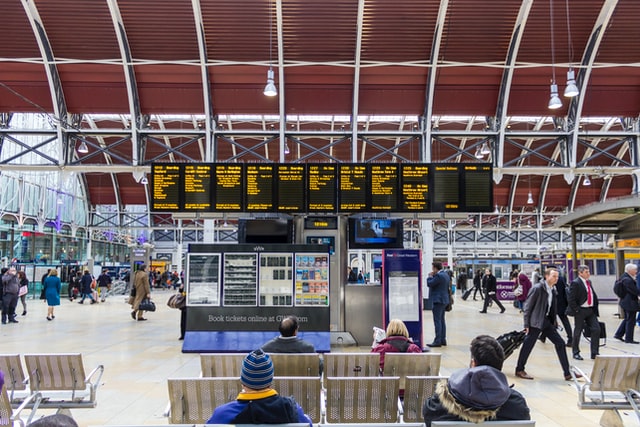Entering the new year, the aviation industry faces considerable challenges and risks ahead. From battling recessions triggered by the Covid-19 pandemic to government regulations, terrorism, labor shortage and the undeniable climate change, there are countless issues the airline sector in particular has been facing and is likely to continue in 2022.
1. Top challenges
According to the Global Market Insights (GMI), the aviation industry was already facing 8 top challenges prior to the Covid-19 era. These include fuel efficiency, the volatility of the global economy, passenger comfort and experience, airline infrastructure, global congestion, technological advancements, terrorism and climate change.
Unfortunately, none of these challenges are likely to disappear from the radar, rather, with the Covid-19 pandemic, much of the challenges will be exacerbated. A case in point has been the several flights cancelled due to the Omicron variant, causing havoc before Christmas. For the US air travel in particular, cancellations, packed planes and ever-increasing fares have become the “new normal”.
2. Vaccine passports
The pandemic brought greater turbulence to the administrative aspect of traveling, adding extra bureaucracy starting with the Passenger Location Form (PLF) to the much-contested vaccine passports or certificates.
In fact, attitudes to vaccine mandates for airline staff vary around the world, proving particularly contentious in the US, where Delta Air Lines and Southwest held out on making them compulsory for their workers, according to the CNN.
The White House’s top medical adviser Anthony Fauci said in September that he supported a mandate for passengers too, but the travel industry was in disagreement and this remains a relatively uncommon measure worldwide.
In October, Air New Zealand became one of the highest-profile airlines to announce a passenger mandate, a necessary requisite as of February 2022.
Global commitments are preferred over regional initiatives to ensure the competitiveness of the aviation sector and its supply of fuel.
stated FuelsEurope
3. Decarbonisation of the aviation industry
Another issue pressuring the aviation industry to take drastic measures relates to its green footprint and on finding solutions to decarbonise the entire sector. Last October, the International Air Transport Association (IATA), passed a resolution in support of net-zero carbon emissions by 2050 during its annual meeting.
Other pledges were put forward during the Glasgow Conference in late 2021. With the signature of the Glasgow Declaration on Climate Action, a new gold standard for tourism leaders, holds the pledge of more than 100 travel companies to deliver towards decarbonisation by 2050 and halve current CO2 emissions by 2030.
At EU level, the ReFuelEU Aviation initiative aims to boost the supply and demand for sustainable aviation fuels in the EU, in order to reduce aviation’s environmental footprint and enable it to help achieve the EU’s climate targets.
Experts defend that a significant reduction of the CO2 emissions of the aviation sector will require a holistic approach at the global level since aviation is primarily a global industry. “Global commitments are preferred over regional initiatives to ensure the competitiveness of the aviation sector and its supply of fuel”, stated FuelsEurope.













